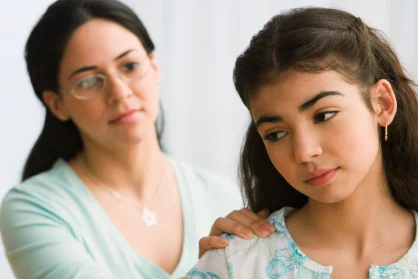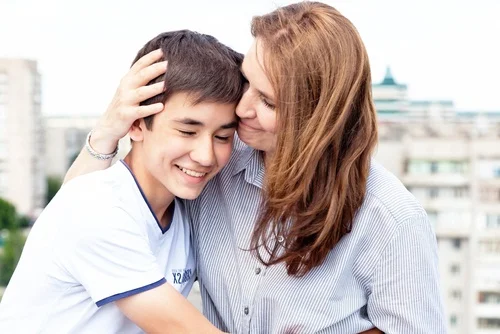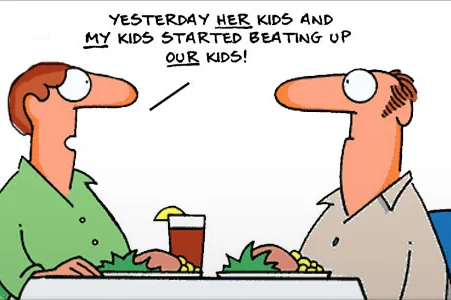+1 845 259 2974 (11 a.m to 7 p.m CST)
Divorce can be Blamed for Adjustment Issues in Teens

Abuse stretches far beyond cuts and bruises. Emotional abuse, neglect and alienation on the part of divorced parents have a much deeper and lasting impact on the teens’ personality. Wrought with parental alienation and social awkwardness, Charles Andrew Willaims, a teen in 2001, moved on to pulling off a bloodbath in Santana High School. Many studies have pointed out that the children of divorced parents experience more problems in adjustment than the ones who grow up in intact families. Much of the research suggests that children of divorced parents are more likely to have difficulties in school. They are sexually active, aggressive, anxious and withdrawn. They are much less pro-social, more depressed, and more likely to abuse substances and participate in delinquent acts than their peers from intact families.
Broken families and teen psychology
According to a study investigating how divorce affects children, adolescents think that the time period they required to grow up is consumed by their parents’ divorce. Fewer teens today are a part of happy, intact families. Divorce and separation have plagued the society and it consequently impacts the offspring of the divorced parents. Adolescence is the time when development moves towards individualization. Studies show that this developmental stage is strongly threatened because of divorce or separation.
In such a turbulent situation, instead of moving towards independence and separation from their parents, teens perceive that their parents have separated from them. Many adults are consumed with their own problems during this troubled time and teenagers are often neglected.
What hurts?
Teens from broken families are more likely to have problems adjusting in different situations than children coming from nuclear families. For most teens, adjustment problems start during the first two years of divorce or re-marriage. Some kids who appear to be adjusting well in their new reality might start having problems when puberty sets in. Researchers also suggest that problems like these are commonplace for teens during their parents’ divorce; they gradually diminish with the passage of time. Teens will gradually adapt to this transition in their life and have no long-term ill-effects. But not all are as lucky as that.
Parental alienation
After a divorce or separation, one parent may try to denigrate the other one. This is in fact an attempt to undermine and interfere with the teen’s relationship with the targeted parent. This is often a sign of the parent’s inability to focus on the child’s mental well-being and emotional state of the child, and not being able to separate him or herself from the conflicts of the couple. Consequently, the child feels emotionally rejected by the parent and also loses emotional connection with the other parent.
Richard Gardner, a psychiatrist, developed the concept of ‘parental alienation syndrome’. According to him, it was a disorder that arose from child custody disputes.
What helps?
Another study by Maccoby suggests that there are many factors that affect a teen’s adjustment. Abused and neglected children often have problems adjusting to a new environment. No depression, absence of deviant behavior, academic achievement and many other things depend on parental alienation. It is not the parents alone who suffer the consequences of a divorce or a separation. The children are equal partners when it comes to facing the consequences, especially the ones in their teens. The resident parent should maintain a close relationship with the teen so that he/she talks to them about their current emotional state.
The aftermath of a brutal divorce is hard to handle but the parent in charge of the children has to take control of the situation and not let it worsen. While parental monitoring can be strict at this stage of development, the parent should also give the teen some space. Decisions about rules and other household matters should be made with joint consent.
Although it is difficult to handle household matters singlehandedly, parents should not compromise on parenting their child effectively. Teens thrive in warmth and support from their parents. There should be a strong and trusting relationship between single parents and teens so that you are the one assisting them in every problem that they face. Encourage them all the time but also enforce discipline.




























